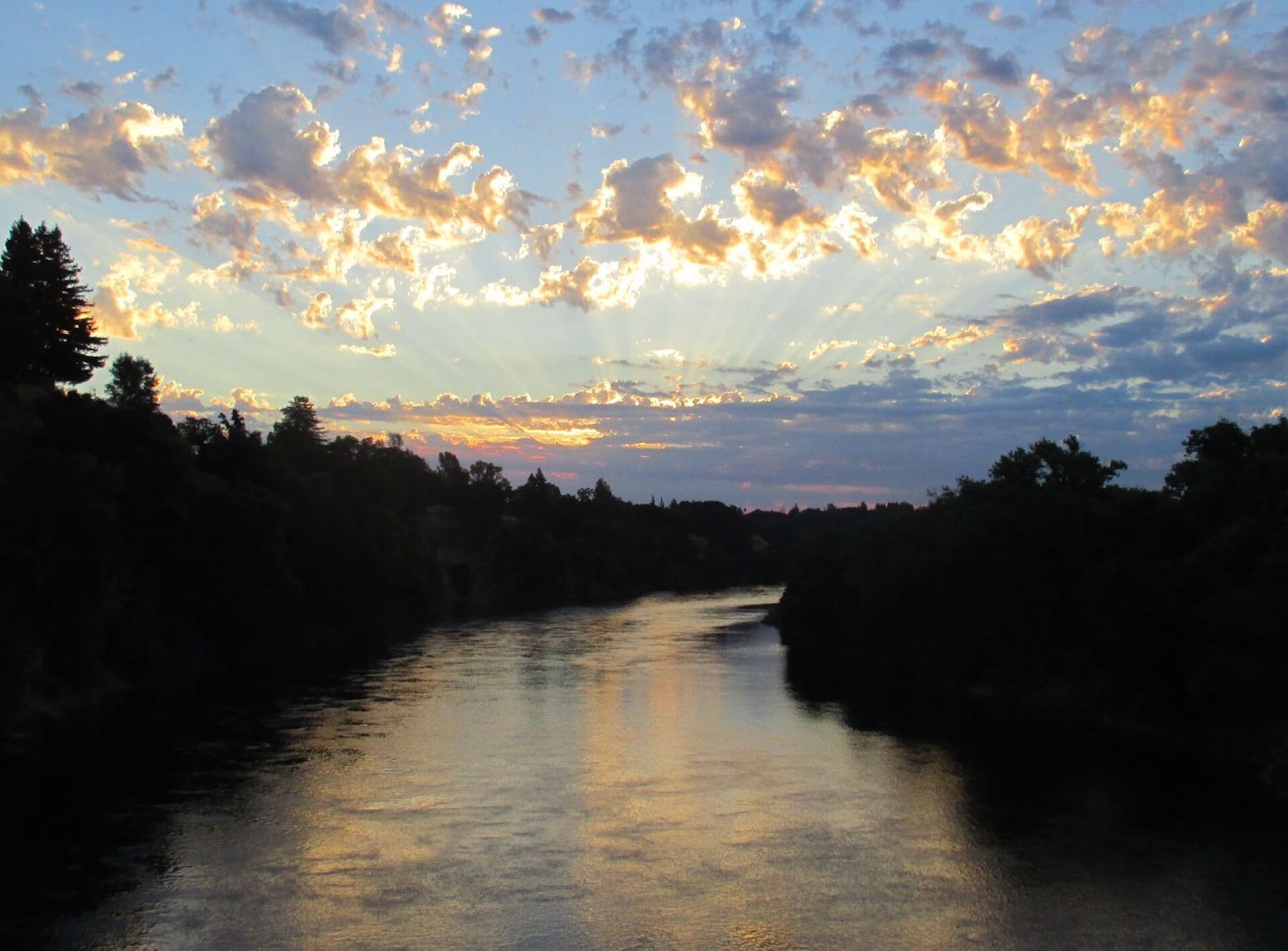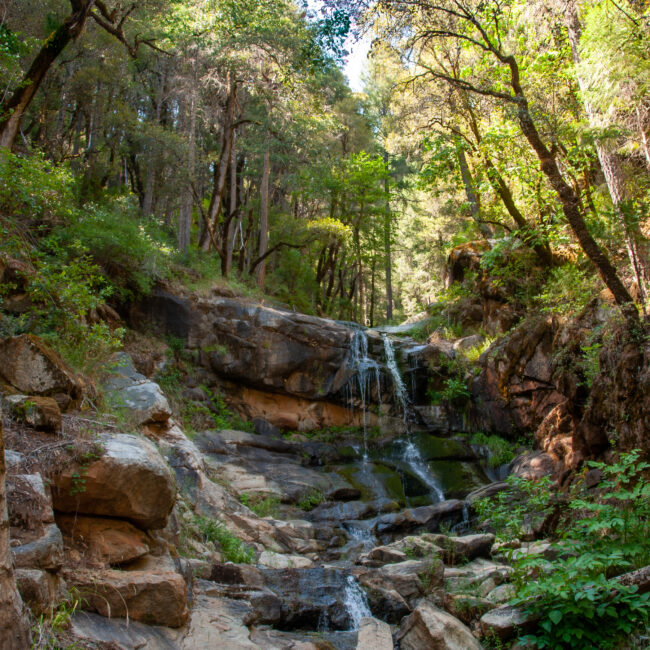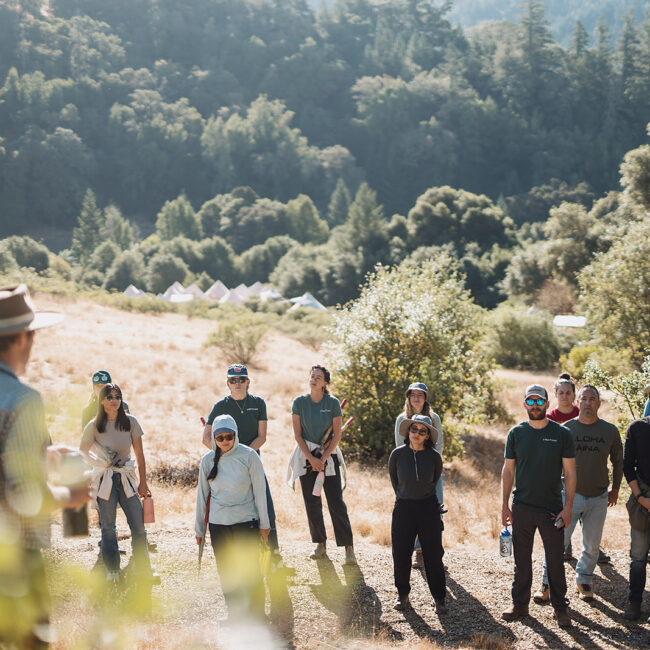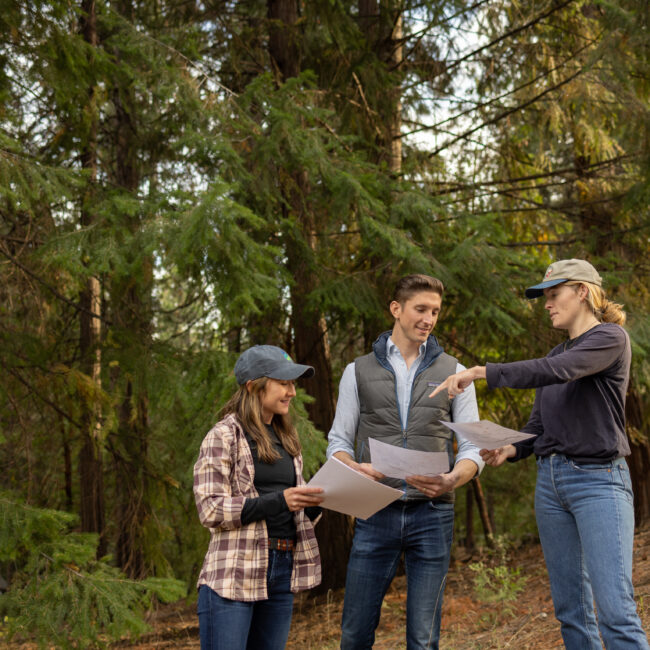Land Acknowledgment
Lower banks of the Yo dok kum seo (Nisenan for American River)

Blue Forest is a remote organization with roots in what we
now call Sacramento County on the traditional, ancestral,
and contemporary homelands of the Miwok and Nisenan
People and the gathering places of the Patwin Wintun
and Maidu People.
These homelands include the Sacramento, American, and Cosumnes Rivers, sacred sites, and cultural landscapes that make up their rich heritage. We recognize Wilton Rancheria Tribe, the only federally recognized tribe in Sacramento County, and the Native Nations, both federally and non-federally recognized, that call the greater region home.
Blue Forest acknowledges that these Nations have maintained meaningful relationships with their lands, despite missions, unratified Treaties, and termination legislation that forcibly removed Peoples from and divided up homelands. Native Nations have maintained and reclaimed lands — leading historic preservation, land stewardship, and land management — from which Blue Forest continues to learn in advancing our commitment to resilient landscapes, ecosystems, and communities.
As an organization with team members and project sites located across many lands, we task each team member with learning about the history of the lands upon which they live and the landscapes they serve. Team members learn about the Indigenous Peoples who call the lands home now and historically and take meaningful action to support local Indigenous communities.
Blue Forest recognizes and affirms Tribal sovereignty and self-determination across all lands where we work. We understand that learning from the original stewards of these lands is essential to a resilient and more equitable future and are committed to continuously listening, learning, and amplifying Indigenous voices. Through our Indigenous Partnerships Manager and team members, we are implementing frameworks and standards for Tribal engagement across each stage of the project development process to facilitate meaningful partnerships with Native Nations and support transitions to Indigenous land management and reclamation. We are committed to supporting Indigenous-led initiatives by directing resources, such as the Forest Resilience Bond, to Tribal land management.
For information on how we drafted this statement in partnership with community, visit “An Intentional Approach to Land Acknowledgement” or contact Indigenouspartnership@blueforest.org.


